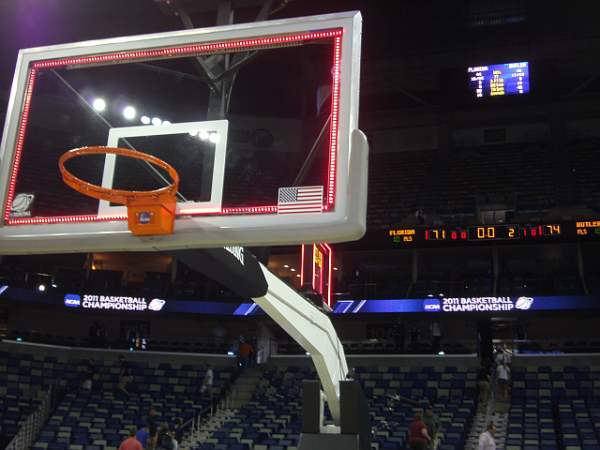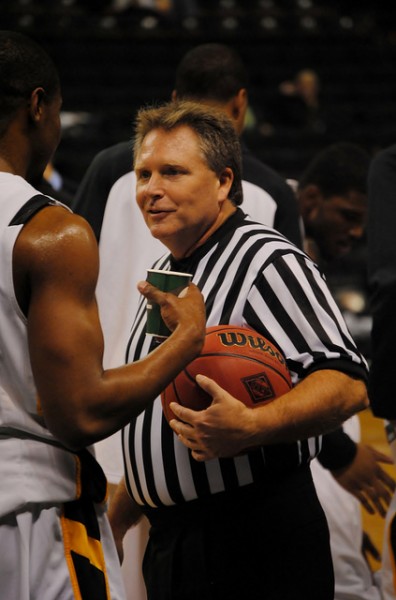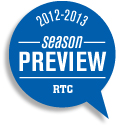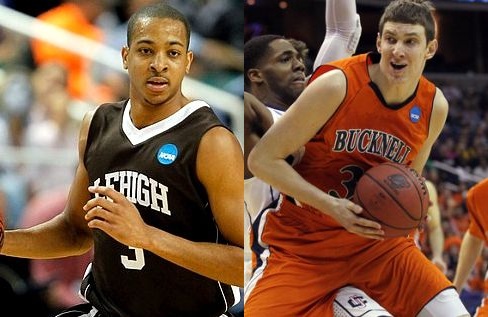Posted by rtmsf on March 29th, 2011
After another weekend of scintillating and shocking NCAA Tournament results, it’s time to check back in with our various correspondents who were in Anaheim, San Antonio, New Orleans and Newark reporting on the games this weekend.
Location: New Orleans, LA
Round: Regional Final
Teams: Florida, Butler
Date: 26 March 2011
Correspondent: John Stevens
To read all the diaries throughout the NCAA Tournament, click here.

- Back to Butler…
There are only two possible options, and either one makes Brad Stevens look like a genius.
Here’s the situation. There are nine and a half minutes left in the Butler/Florida game and the Gators are starting to separate themselves a little. The Butler faithful — many of whom comprise the entire section behind the Bulldogs’ bench and have stood far more than they’ve sat in their seats during the game — haven’t been up for a while, and they’re starting to squirm in those chairs because they can feel it getting out of hand. So naturally, if you’re Brad Stevens, this is the time you saunter down to the end of the bench and put in — who else? — a kid who had scored a grand total of 29 points all season, had only played in 19 of the team’s games, and who averaged less than half an assist. If the sarcasm isn’t coming through, here, what we really mean to say is…are you kidding with this? And yet, what did Crishawn Hopkins do when Stevens tapped him with this most improbable of opportunities? Hit a cutting Matt Howard down the middle for a beautiful assist — immediately contributing more than twice his average in that category — and then hit a huge three, raising his yearly scoring output to 32 points. Sure, he committed a turnover moments later, and he was subbed out, but he changed everything. He provided that lift that comes when a kid who you never expected to come through ends up playing well; when that happens, the crowd gets back into the game and teammates who play the majority of minutes start playing with higher confidence. So, hands up, who predicted Crishawn Hopkins would turn out to be one of the most important players of the NCAA Tournament? When Hopkins sat down after being subbed out, he received a pretty loud ovation from the crowd. In fact, there was only one other player in this region who enjoyed a similar applause when he was removed from his game. It was Jimmer Fredette ending his career.
Read the rest of this entry »
| 2011 ncaa tournament, daily diaries
| Tagged: alex tyus, billy donovan, bo ryan, brad stevens, butler, byu, chandler parsons, chrishawn hopkins, florida, jackson emery, jimmer fredette, john adams, jon leuer, jordan taylor, keaton nankivil, matt howard, ronald nored, shawn vanzant, shelvin mack, vernon macklin, wisconsin
Share this story















































